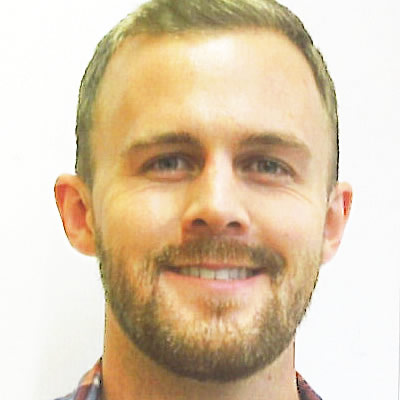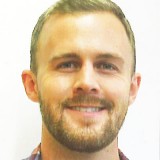Timpe Miles, Dr.

Please give us a personal quote or a quote of a famous person (e.g. of Albert Einstein) that describes you and your life/work.
“Knowledge is an unending adventure at the edge of uncertainty.” –Jacob Bronowski
Please describe your job in only one sentence and tell us what the most important goal of this work is.
I study terrestrial planet formation using in-house computational tools such as GENGA, where the goal is to better understand the dynamics and growth of planetesimals into planets.
How did you get into this research/work field?
As a young bachelor student I wanted to be on the cutting-edge of science, and in astronomy I found a subject that was and is pushing the frontiers of human knowledge. I gravitated towards planet formation because I love thinking about the varied and exotic worlds that can and do exist in the universe.
What would be the greatest discovery you would like to see in your life time?
My pragmatic answer to this question is the discovery of life elsewhere in the Solar System. However, if I’m allowed a chimerical answer here, I would say “faster-than-light” interstellar travel (preferably of the kind that doesn’t cause universe-ending paradoxes), because if I’m going to spend a lifetime studying exoplanets, I’d damn well like to visit them someday!
You work for the NCCR PlanetS. What do you think will the NCCR enable you to do you couldn’t do without it?
As a theorist in planet formation, my work in a given day might range from topics as far removed as isotopic abundances in meteorites to the dynamics of Earth’s hydrosphere. The interdisciplinary nature of the NCCR PlanetS program ensures that I always have experts at hand to help me answer questions related to these topics.



Comments are closed.